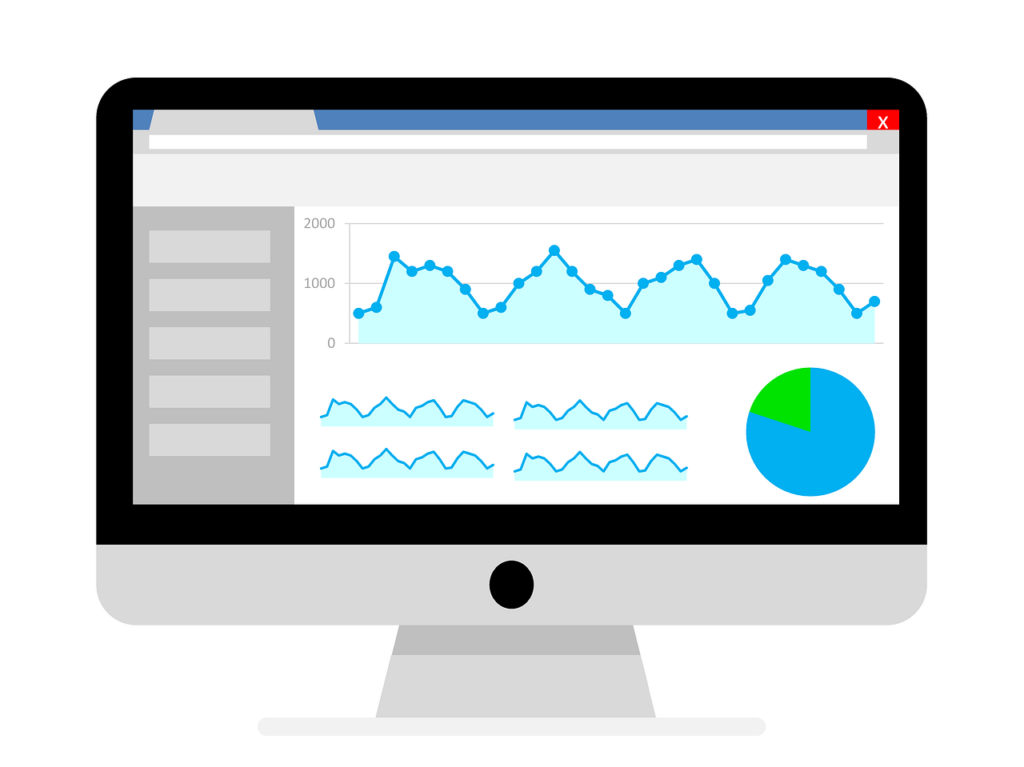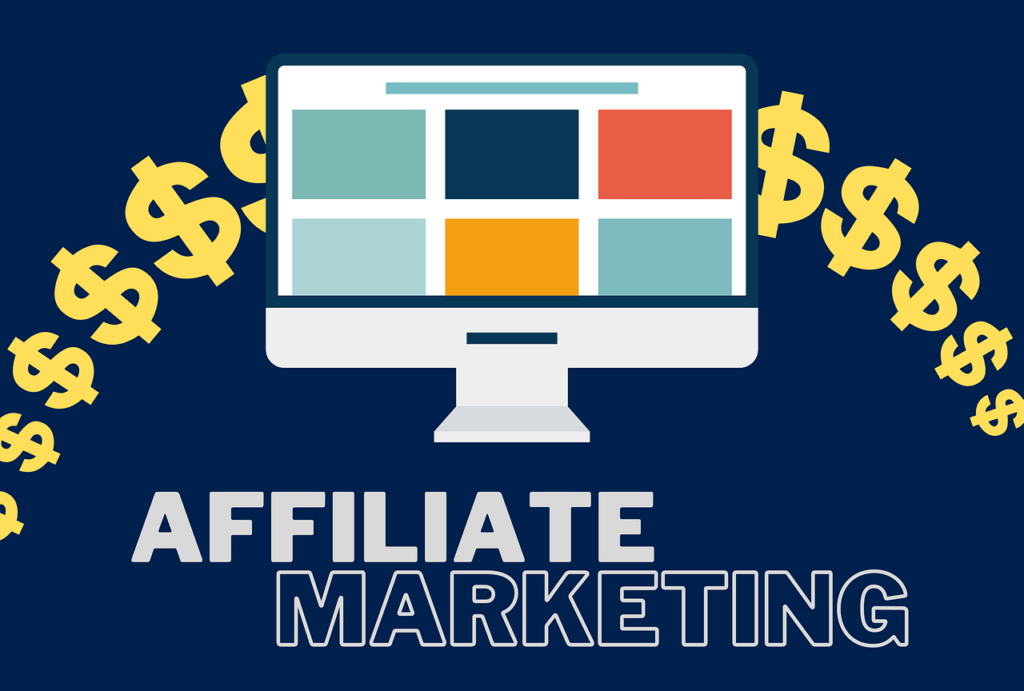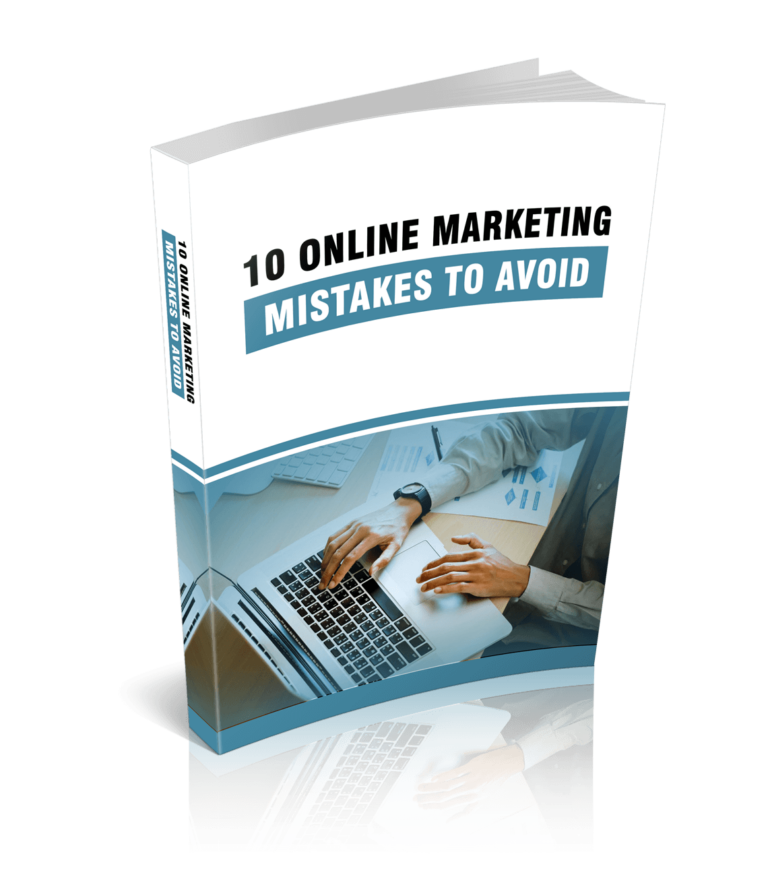The marketing landscape has changed considerably in recent years, and one of the platforms driving this transition is Google Ads. It is one of the most effective paid online advertising tactics accessible. Thousands of small, medium, and large businesses use this advertising technique. These groups all have one thing in common.
SUBSCRIBE TO INCOME PATROL
Get updates on the latest posts and more from Income Patrol straight to your inbox.
They aim to tap into the massive number of individuals who use the internet to find information, products, and services. When used correctly, Google Ads has the potential to bring in a huge number of people who are looking for exactly what you have to offer.
Unlike other marketing tactics, you only pay when people click on your advertising. When you optimize your Google Ads ads, you can earn a high return on investment that you may not be able to achieve with other marketing tactics.
If you are not already using Google Ads or are not utilizing it to its best potential, you should definitely reconsider your position.
Many people are put off by the idea of paying for internet advertising such as Google Ads, especially if they are unfamiliar with how this platform operates. However, if you understand how it works or seek assistance from Google Ads specialists, the benefits of Google Ads can be enormous. This guide will show you how to do the following:
• Use pay-per-click (PPC) to boost your inbound marketing efforts.
• Develop highly relevant keywords, advertising, and landing sites.
• Recognize the different types of keyword matches and when to use them.
• Create a budget and structure your account.
• Optimize ad copy to increase clicks.
• Determine the key measures for measuring success.
HOW TO BEGIN WITH GOOGLE ADS
Google Ads Pay Per Click (PPC) advertising is possibly the most common method of advertising for small businesses. This is due in part to Google’s reputation, but also to the fact that it allows the small business owner to control expenditures. There are numerous ways Google Ads can assist you as a small business owner, but getting started and eventually tapping into its full potential as an advertising tool requires some basic guidance.
What exactly is Google Ads?
Google Ads is an internet advertising service that allows businesses to have their advertisements appear in Google’s search results page. The advertising seems almost like typical search results, with the exception of the little word Ad in green. Google advertisements will appear at the top and bottom of a search results page.
How Google Advertising Works?
When a user searches for a term or phrase, Google will display suitable adverts depending on the keywords used in the search. Websites that want their advertising to appear on the search results page bid on keywords they expect consumers would use when searching for their sort of business. A plumber in Atlanta, for example, might bid on the keywords plumbing Atlanta, plumber, or damaged toilet.
Your ad may appear on the results page when people search for the terms you bid on, depending on how much you bid in comparison to other plumbers in the region. In addition to the amount you bid, Google considers the relevance and quality of your ad and website.
How Does Google Decide Whether Your Ad Will Appear on the Results Page?
Google determines when an ad appears on the results page based on a mix of three major factors:
• Bid – A bid is the amount of money you are willing to spend for a click on your ad. You compete with other websites by bidding on keywords that you expect people will search for if they are interested in your goods. A flower shop may bid on the words roses. wedding flowers. or cheap bouquet
• Ad quality and relevancy – Your ad must be relevant to the search in order to appear on the search results page. It makes no sense for Google to provide an ad for a nail salon when someone searches wedding flowers. You should use a lot of the same keywords that you are bidding on in your ad so that Google can know your ad is relevant to the search.
• Landing page experience – When someone clicks on your ad, the landing page that they are directed to should contain information that is related to the ad itself as well as the keywords used in the search. If you own a salon and are advertising manicures, instead of linking to your homepage, which includes all of your services, you should link directly to a page with more information about manicures.
HOW TO MAKE AN EFFICIENT GOOGLE AD
• Include your keywords in your ad – You must use the same keywords that you are bidding on in your ad so that Google can determine whether or not the ad is relevant to the search.
• Use local identifiers — If you are a local business, consider include location phrases in your search. If someone searches for Dabbawallas, your ad with the headline Best BBQ in Dallas is more likely to appear in the results and is very relevant for the person looking for a restaurant in your region.
• Clearly describe who you are and what you offer – The user should understand your company and how you can assist them find what they are looking for right away. If you own a store that sells a variety of things, make sure your ad is relevant to the terms being searched.
• Tell the user what makes your company special – The first page of a Google search yields a plethora of results. You must explain why customers should choose your company. Are you more cost-effective, dependable, or dependable? Do you have a lot of positive feedback and ratings? Include that information in your advertisement.
• Utilize extensions to enhance your ad — Extensions display additional information about your business, such as phone numbers, store rating, or address, as links extending from your ad. Including extensions increases the amount of space you take up on the results page and has a high click through rate (both huge benefits). Furthermore, there is no additional charge for including extensions.
COMPONENTS OF A SUCCESSFUL ADS CAMPAIGN
Creating a new Google Ads campaign is an exciting undertaking that combines the exhilaration of creating something new, the anxiety of its conclusion, the fear of failure, and the hope for success. Before you press the Enabled button on a new campaign, you should double-check everything.
In this tutorial, we’ll go over some of the most critical things to remember before starting an Ads campaign.
- Put on your thinking hat for keyword research.
Understanding the customer and what they want is the most critical aspect of a successful campaign. If you market a product or service that your customers are not interested in, no matter how much money you spend on it, your campaign will fail.
Customer volume is also a significant consideration. You must determine whether your investment will result in a high enough volume of clients to cover the cost of attracting them.
You may use Google’s Ads Keyword Suggestion Tool to determine the search volume and level of competition for the phrases you want to target. All you have to do is put yourself in the shoes of your clients and enter in a phrase containing your keywords.
However, before you start using the program, make sure that the Advanced Options are enabled. Select the desired location, language, and default device type as Laptops/Desktops unless you are only targeting mobile devices. Choose the Phrased match in the keyword Match Typed setting to get a feel of phrases relevant to your term.
Consider the following while searching for keywords related to your business or product:
• Invest in keywords with a high search volume.
• Invest in terms that signal a desire to buy rather than a quest for information.
• Consider the affordability of each keyword, as mentioned further below. This is especially true when it comes to high-volume, high-competition keywords.
- Perform some basic math to compare your costs to your budget.
While you do not need to master complicated trigonometry, you will need to complete basic math before starting an Ads campaign.
The first thing you should consider is, Can I afford this keyword?
Consider the following example to help you determine the answer:
First and foremost, establish a maximum cost-per-click (CPC) that you believe you can afford (say, $5). Now, utilize the Keyword Tool to compare your maximum CPC to the tool’s estimated CPC. Assume the Keyword Tool estimates the cost of the keyword to be $4, and you know you have a $1 window. That appears to be a good offer, so let us proceed to the next phase.
Your maximum cost-per-click is determined by your website’s conversion rate, profit per customer, and profit margin. If you don’t have the exact figures yet, you’ll have to make some educated guesses and come up with ballpark figures for each. You’ll be tracking your campaign, so you’ll have more exact data to work with soon.
Meanwhile, this is the formula you should use:
CPC maximum = [(profit per customer) × (1 – profit margin) x (website conversion rate)]/100
Assume your profit per customer is $200, you have a profit margin of 50%, and your conversion rate is 10%. You may easily compute the Max CPC using the formula above:
The maximum CPC is [$200 x (1 – 0.5) x 10]/100 = $10.
The maximum cost-per-click you’ve specified should be close to the projected CPC displayed in the Keyword Tool. However, if your maximum CPC is significantly lower than the predicted CPC, you will need to either reduce your profit margin or boost either the profit per client or the conversion rate of your website.
- Examine What Your Competitors Are Up To
Simply said, make competitive knowledge a part of your arsenal. Successful Ads marketers determine which landing pages, keywords, and ads perform well and which do not. In other words, they properly sort and optimize their Ads campaigns. You may also learn about their keywords by using KeywordSpy, a competitive intelligence service. It provides you with access to all of your competitors’ advertising history in a systematic and organized style.
- Have a compelling unique selling proposition
You must have a unique selling proposition (USP) that distinguishes you from the competitors. Customers think about why they should choose you over your competitor. The key to your success is how you respond to this for them.
Every marketing plan, including Ads, is supported by a compelling USP.
Paying attention to your clients is the most effective strategy to develop a strong USP. Analyze their purchasing habits, understand what they appreciate, and discover what they dislike about your sector. After that, examine your competitors’ marketing, websites, keywords, and everything else, and then develop a unique selling proposition that no one else provides.
- Make an enticing Offer
In your Ads advertising, you should offer something so outstanding that a potential buyer feels forced to use your services without even recognizing it. This is known as an enticing offer, and it consists of four components:
• Value: Your prospective purchasers should believe they are getting more for their money.
Your offer should appear to be a terrific deal.
• Believable: The price should appear acceptable, not significantly reduced, otherwise consumers may suspect something nefarious is going on behind the scenes.
• Reduce Risk: Consumers are fearful of losing money because of a cheap product or inadequate service, particularly when shopping on the internet. Offering a money-back guarantee can assist new clients feel more at ease when buying or doing business with you.
• Call to Action (CTA): Develop a clear and simple CTA that explains the next step you want users to take. If you want your clients to call you, don’t make them look for your phone number on your website. Put a form in the center of the page if you want people to fill it out. That is all there is to it.
- Create Eye-Catching Landing Pages
You should not direct every customer to your homepage unless it is your only page (which is not a good idea for an internet business).
Every advertisement should have a matching landing page. If you’re selling shoes, direct potential consumers to a shoe-related website rather than your homepage, where they’ll have to figure out how to go to the shoe page. If you are offering a discount on a certain item, your advertisement should direct people to a website where they may purchase that item.
- Monitor Your Conversions
It is critical to distinguish between keywords and advertising that provide a high return on investment (ROI) and those that do not. Tracking your conversions will not only allow you to correctly manage your advertising and keywords, but it will also allow you to make required modifications to optimize your campaigns.
- Before You Begin, Customize Your Ads Settings
Which do you prefer: a one-size-fits-all hat or a hat that suits your head? The same is true for Ads. You can’t expect to get great results by running everything on default mode. You must rapidly configure the following Ads settings:
a) Display vs. Search
Search and display advertising networks require separate sets of keywords, adverts, and landing pages to be effective. You should create separate campaigns to target these two types of networks.
b) Bids for Devices
You do not need to spend in mobile device advertising campaigns if your website is not mobile-friendly. However, if you have a responsive website (one that automatically adjusts to fit any device), you should seriously consider investing in mobile-specific adverts.
- Improve Your Campaigns
Nothing is flawless from the start, and your Ads will most likely be no exception—even with meticulous planning. To ensure that your campaigns are effective, you should keep track of three key factors:
• Keyword Bids: As soon as your website begins to generate clicks and sales for you, you should consider optimizing your bids. If your keywords are resulting in good sales but not a higher ranking, you may want to increase your bids.
If, on the other side, the keywords are not generating profits, you will need to cut the bids or use different keywords entirely.
• Click Through Rate (CTR): Your website’s quality score, as assessed by Google, is directly related to the CTR of your ad. You must test various ad campaigns to determine which ones generate the most clicks.
• Landing Page Conversion Rate: Keep in mind that your landing page should provide what you promised in the ad, or the customer will leave your website. Test several variations of landing pages to see which one works best for your campaign.
CONCLUSION
For small business owners, Google advertising is an excellent marketing approach. You may show an ad for your business to people who are seeking for your type of business right now as well as people looking for businesses in your area. Most small business owners prefer to advertise on Google because of this type of targeting.
The key to effective advertising is to find a way to get your message out to as many people as possible while reducing your advertising costs to a minimum. Pay per click (PPC) advertising could be one of the simplest strategies to drive traffic to your website and profit from your search engine marketing strategy.
If used effectively, Google Ads can help a company become more successful in a short period of time.
While the notion of putting money in Ads may appear frightening, the results are practically rapid and obvious. This is why it is well worth every dime you pay for it.
LIMITED-TIME OFFER!
With LIFETIME ACCESS membership ($67) you have access to ALL exclusive materials (current and upcoming) for lifetime. We create new courses, ebooks, webinars and downloads on a regular basis. This offer expires soon and will be replaced with monthly-paid subscription, so hurry up! Get access HERE!





